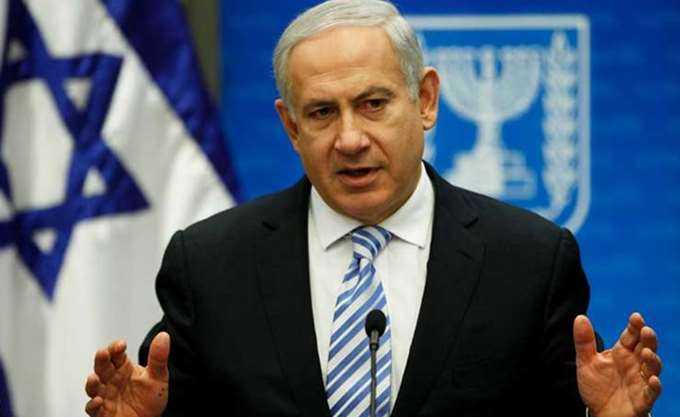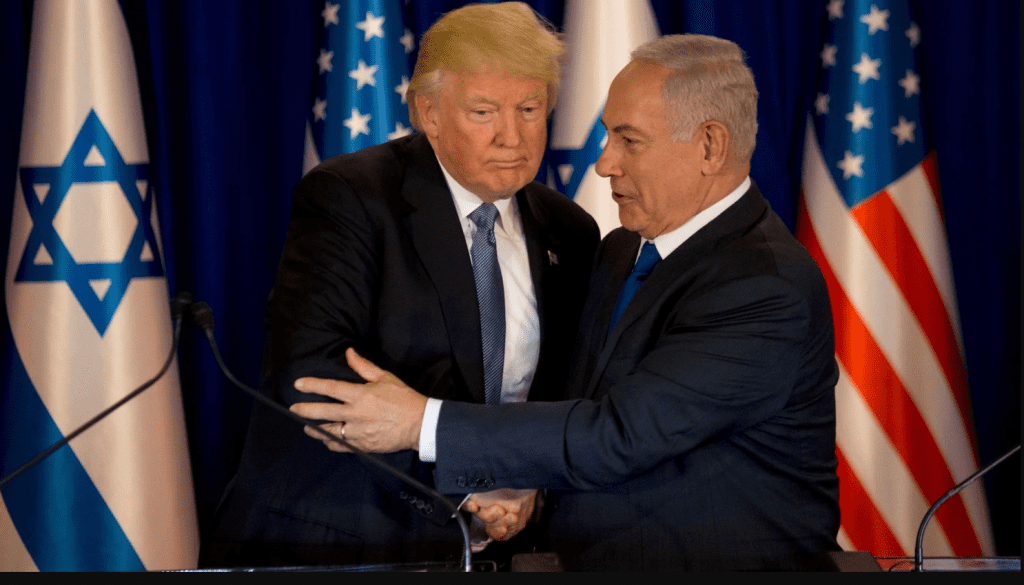The Israeli premier stands accused of bribery, while the president begins consultations for another difficult cabinet formation.-
By Middle East Eye,
Israeli Prime Minister Benjamin Netanyahu’s corruption trial began on Monday, as Israel’s President Reuven Rivlin launched talks to determine which parties could form a new government following recent general elections.
Netanyahu appeared in front of the Jerusalem District Court to hear opening arguments, in which the prosecution said he “illegitimately” used his office to advance his political interests.
“[Netanyahu] made illegitimate use of the great governmental power entrusted to him,” said lead prosecutor Liat Ben-Ari.
Ari also said Netanyahu granted favours to media officials motivated by his “desire to be re-elected” as prime minister.
The Israeli premier has denied claims that he accepted gifts and made regulatory favours with media executives in exchange for favourable coverage.
The prosecution will present evidence of Netanyahu’s alleged corruption, with a judgement expected several months later.
If found guilty of corruption, Netanyahu will not be compelled to resign as prime minister, unless he is convicted with all appeals exhausted, which could take several years.
Difficult government formation
Meanwhile, Rivlin began two days of consultations with officials from Israel’s different parties, which could decide whether Netanyahu will continue to be prime minister.
Rivlin will announce who he will choose to form a new government on Wednesday. If that person cannot create a government within 28 days, he will move onto the next person on his list.
Before the talks, Rivlin said he would seek to nominate a candidate with the “best chance of forming a government that will have the confidence of the new Knesset”.
His talks will also determine which parties could ally to muster a 61-seat majority in the Knesset, amid bitter divisions between parties who support and oppose Netanyahu.
Rivlin confirmed that the right-wing Likud party had nominated Netanyahu as its candidate to lead a potential coalition government.
Netanyahu is likely to gain support of 16 seats from Israel’s ultra-Orthodox Jewish parties, and six from the far-right Religious Zionism alliance – leaving him nine short of a majority.
In an unusual twist, the Islamic Conservative Raam Party, which holds four seats, may hold the position of kingmaker.
Its leader Mansour Abbas said he was open to negotiations from both sides of Israel’s political divide.
The far-right Religious Zionism party ruled out the prospect of working with Raam, further complicating the possibility of Netanyahu forming another government.





